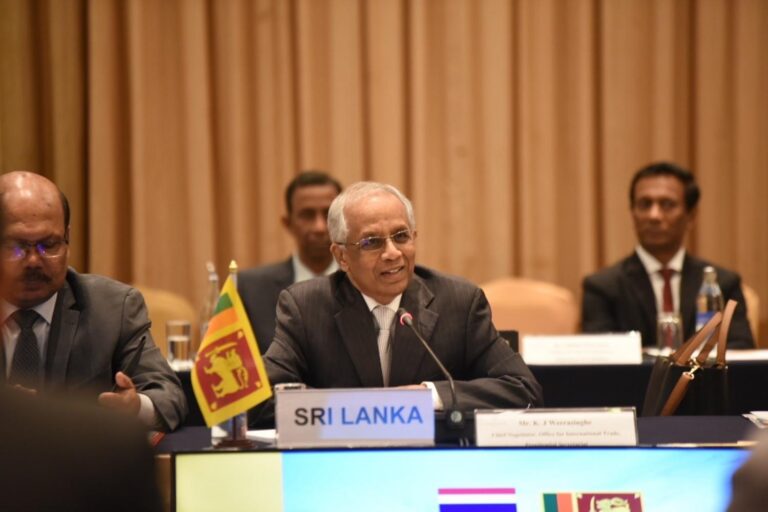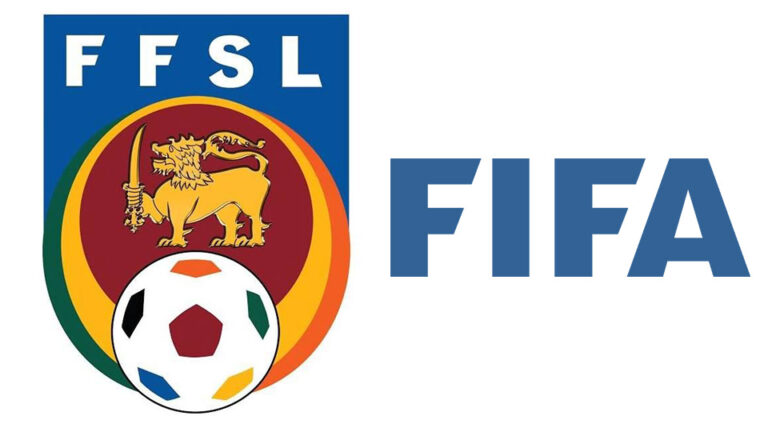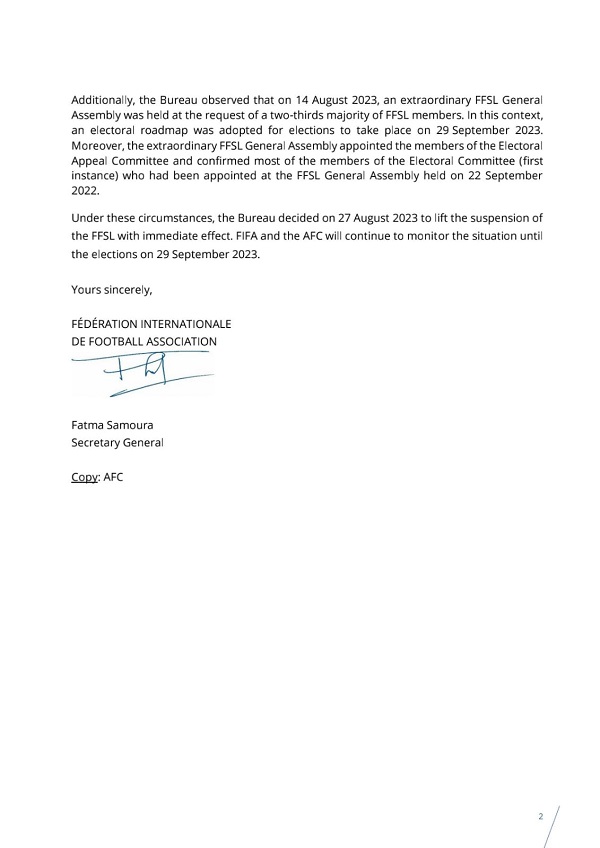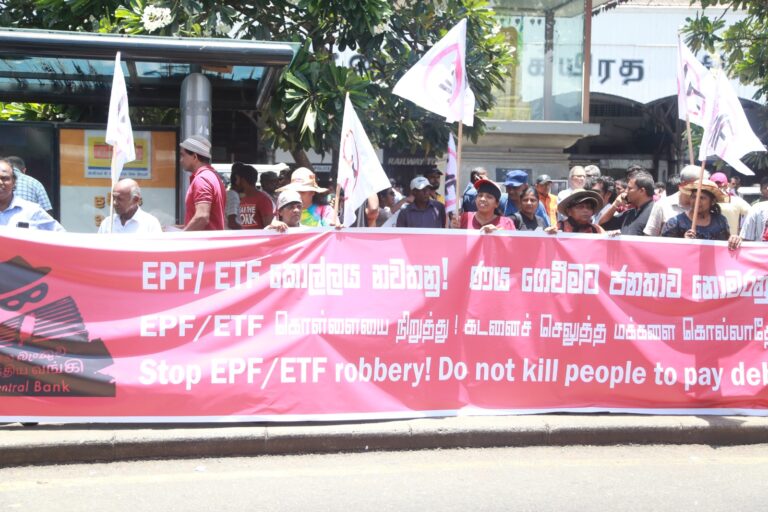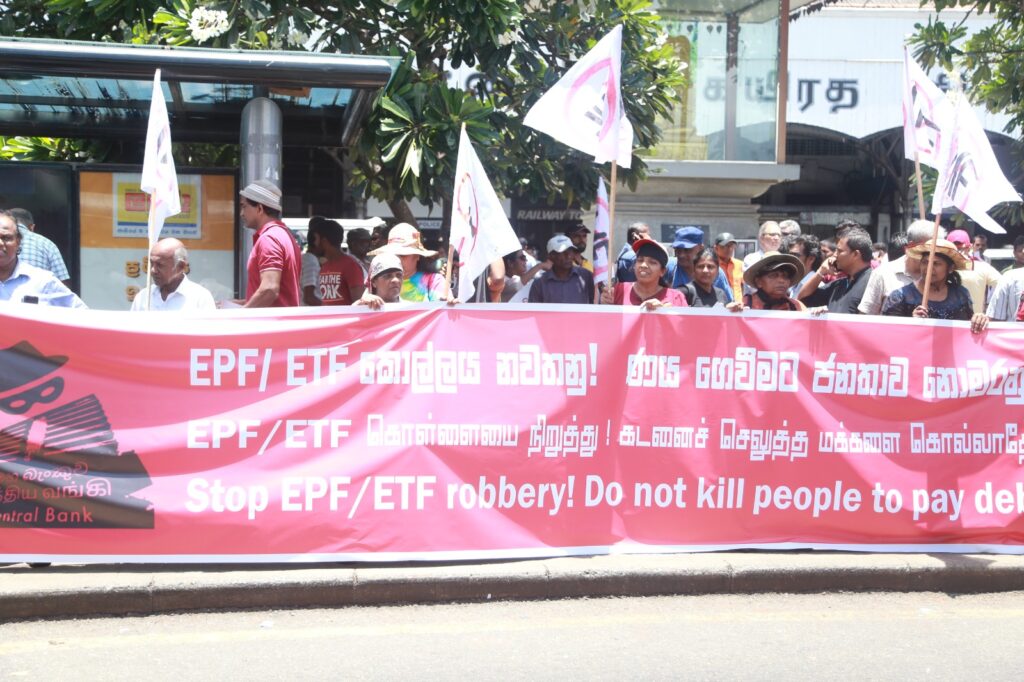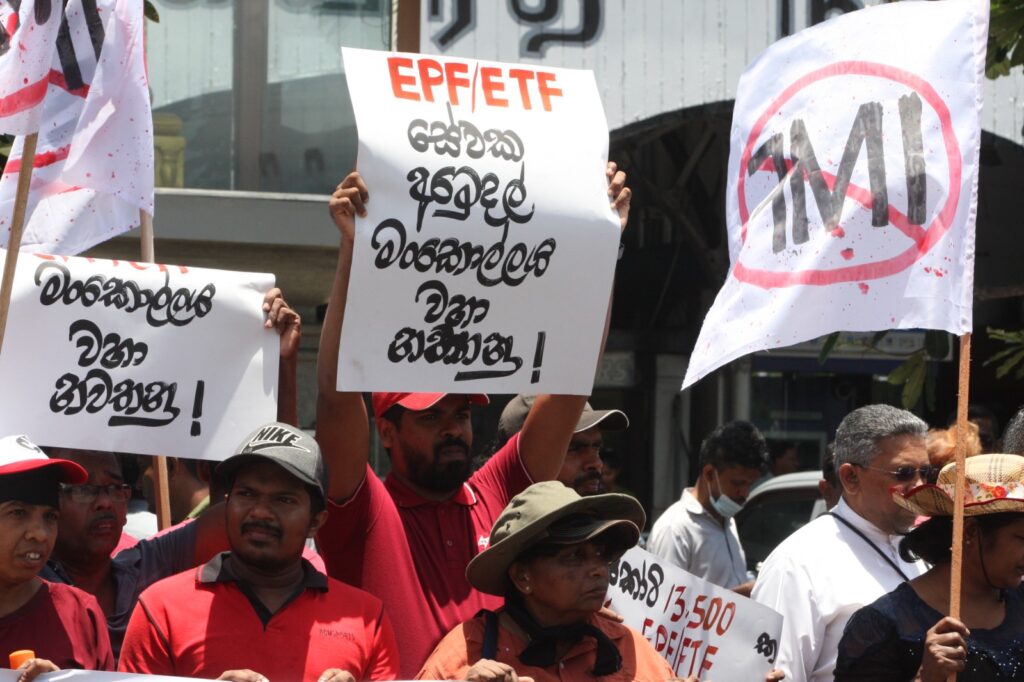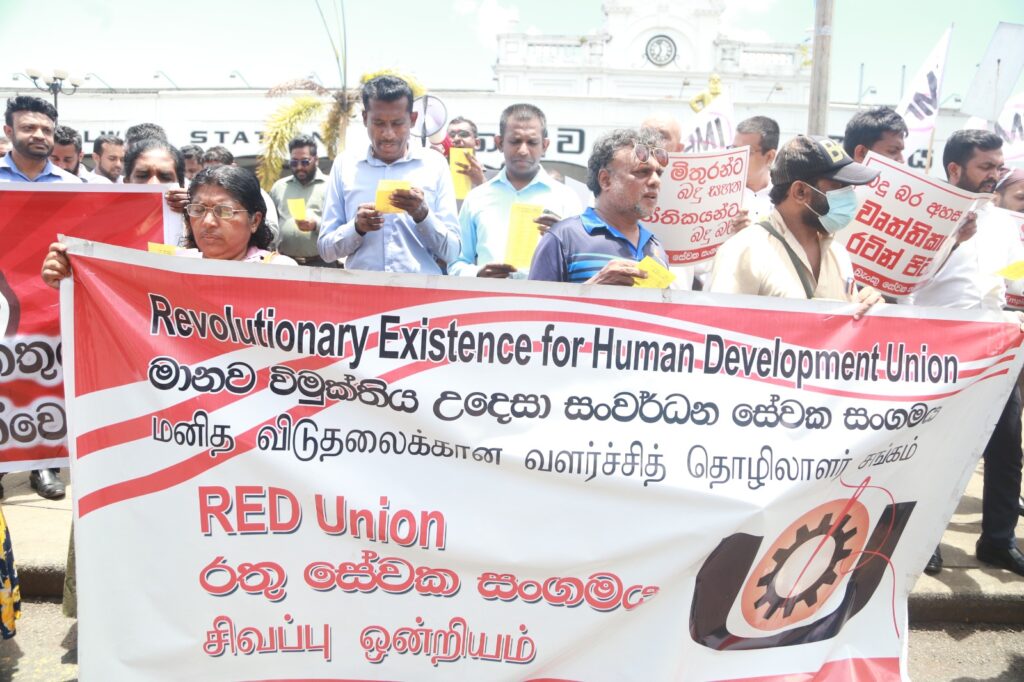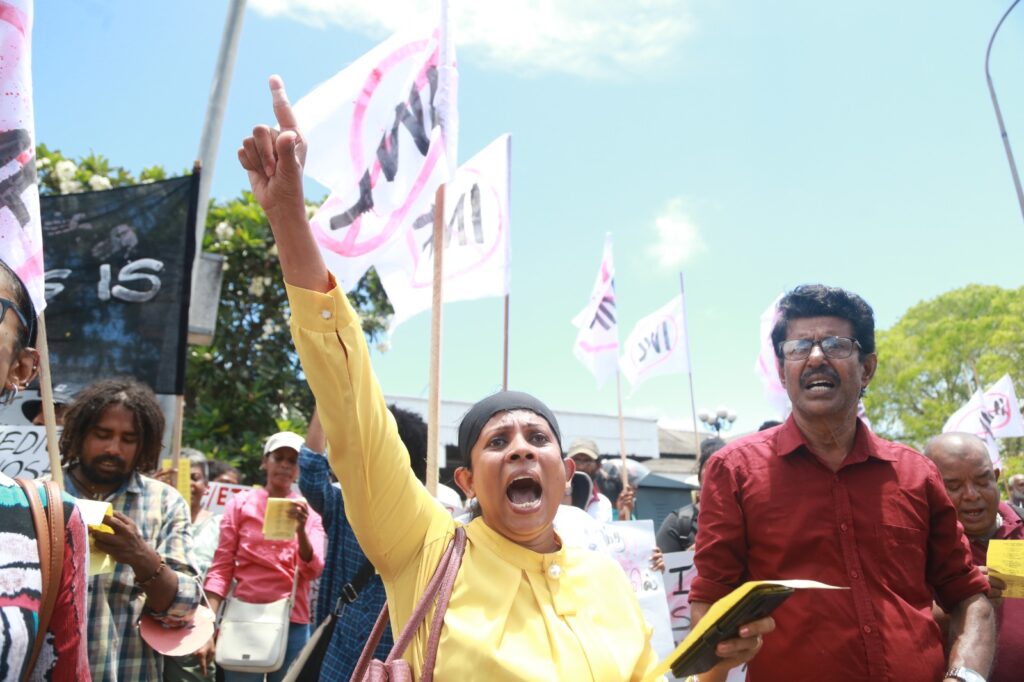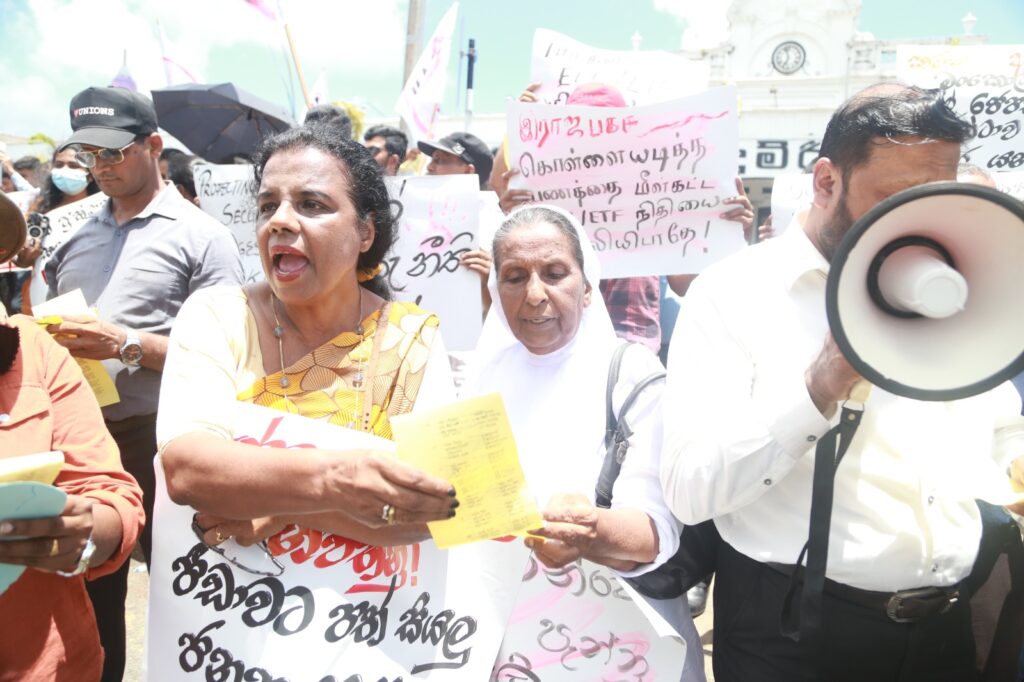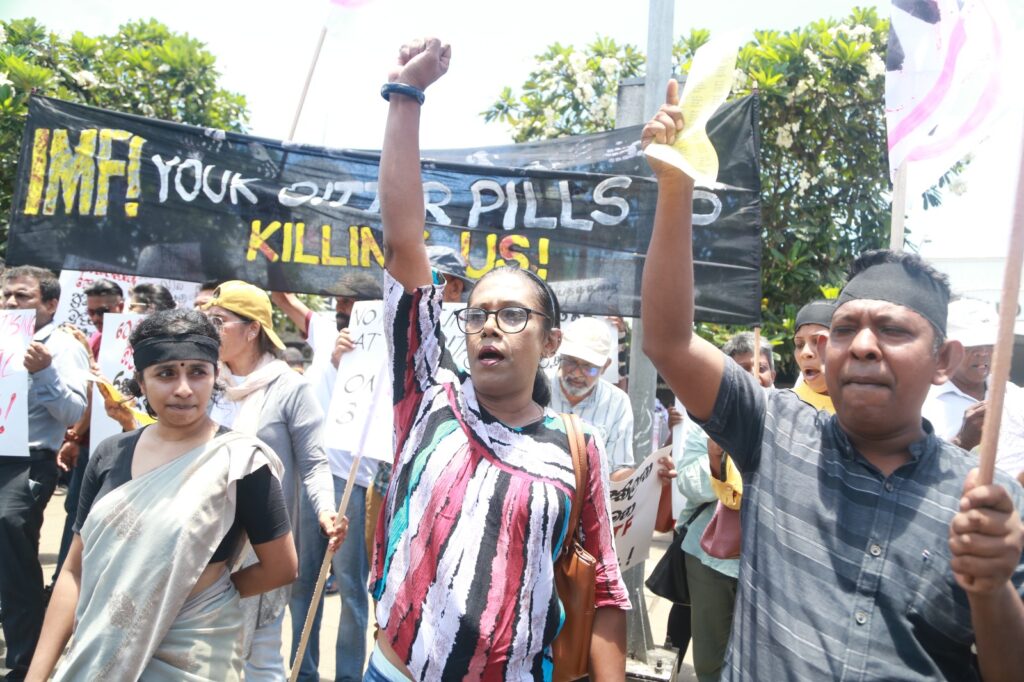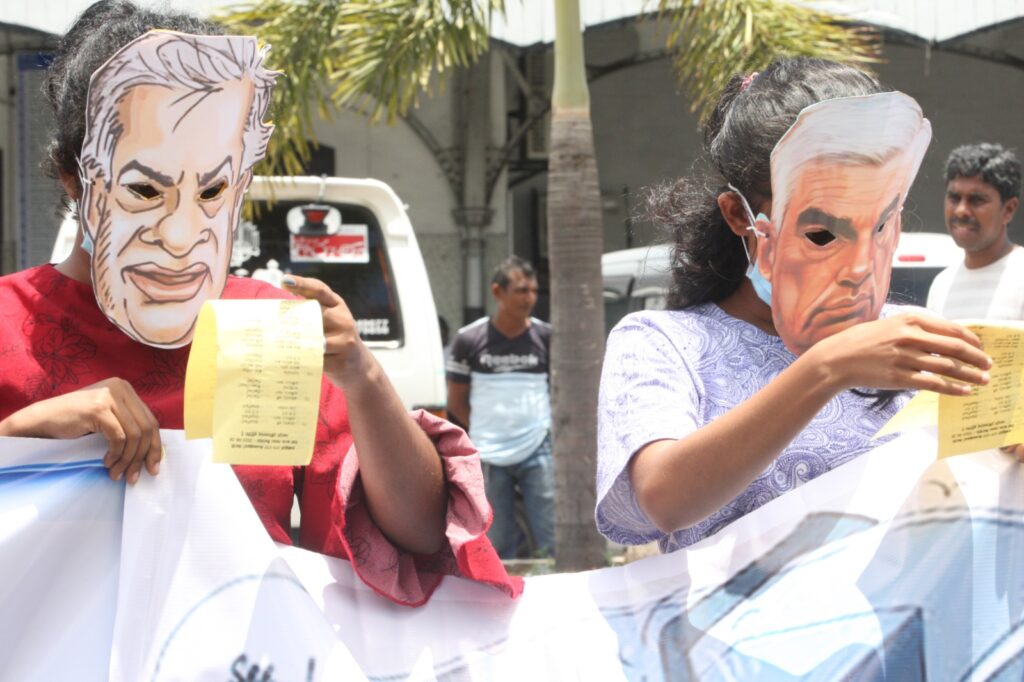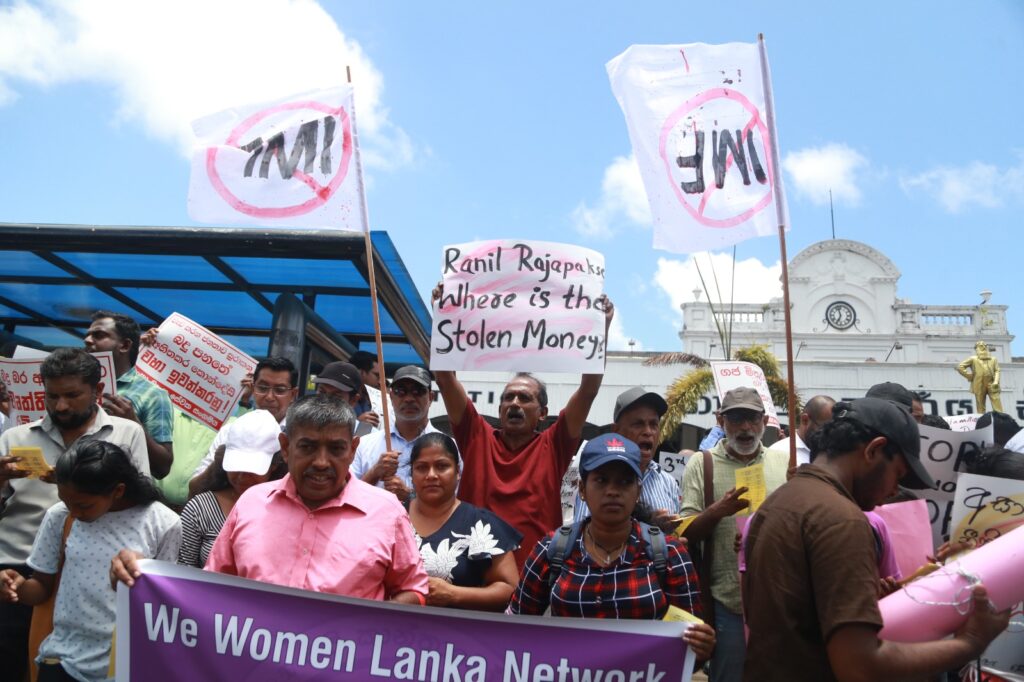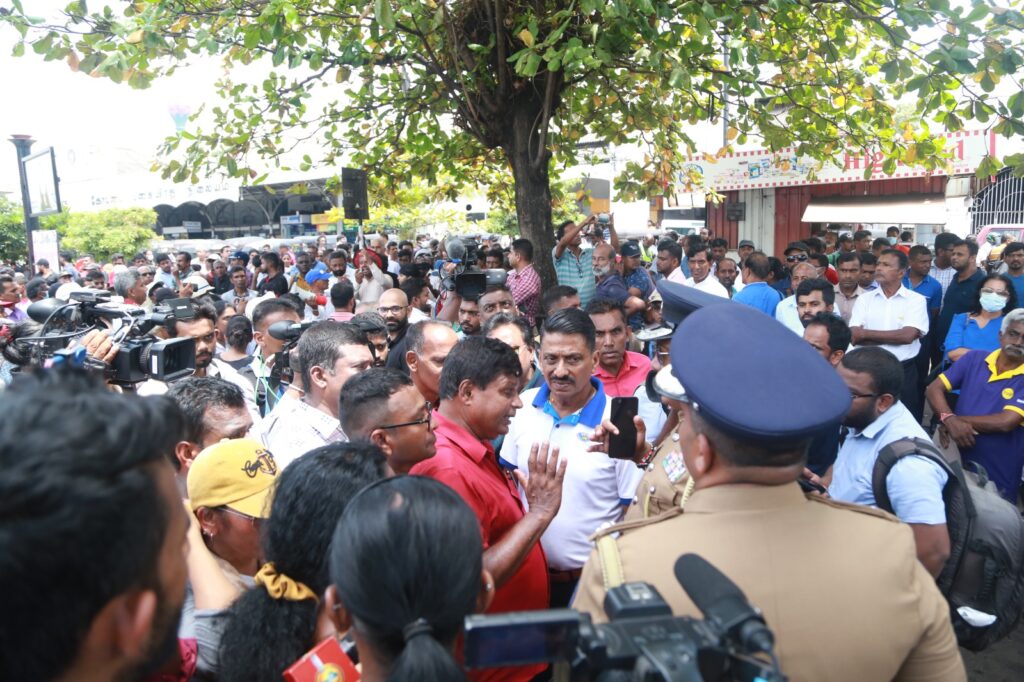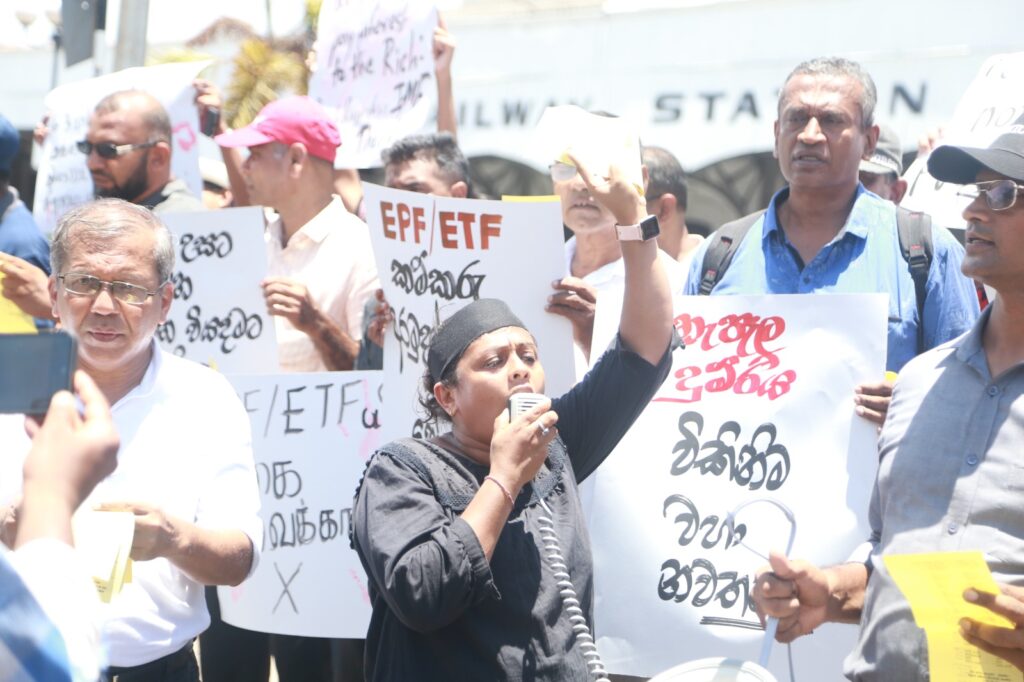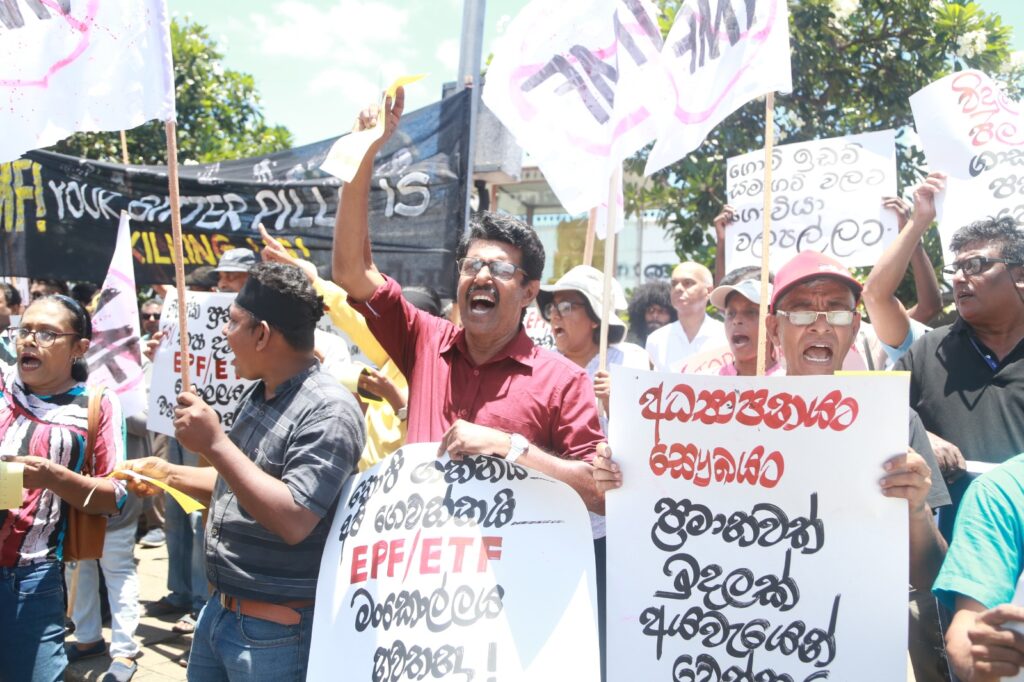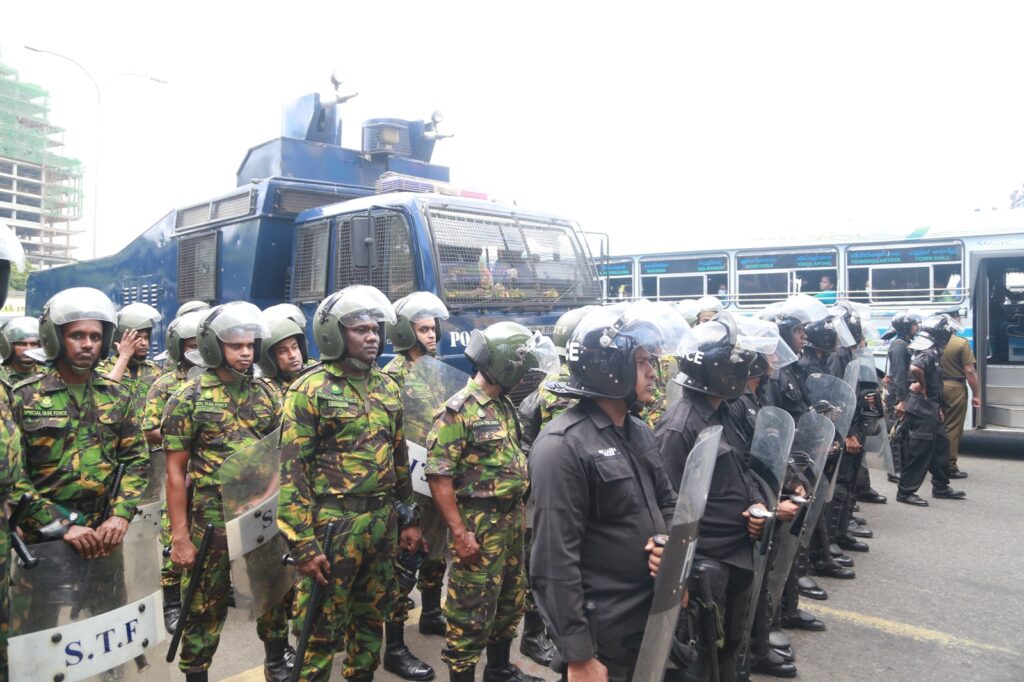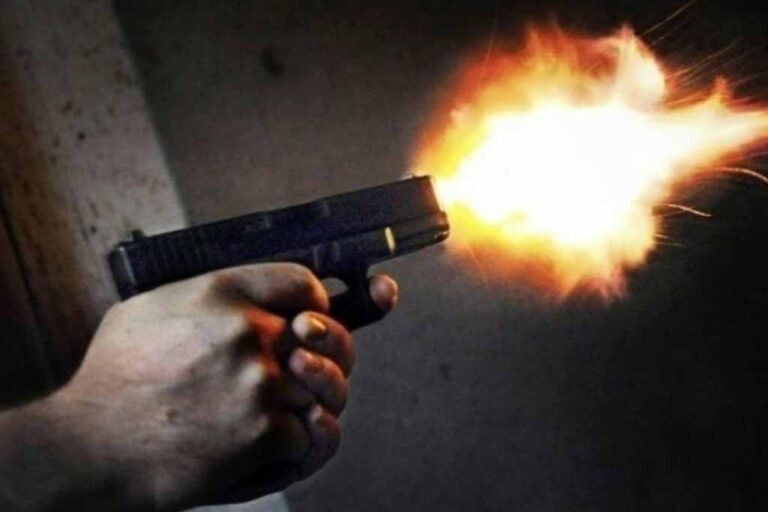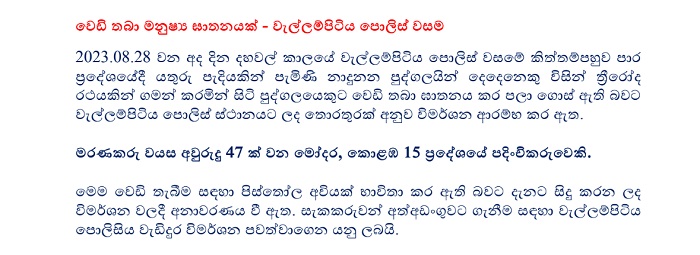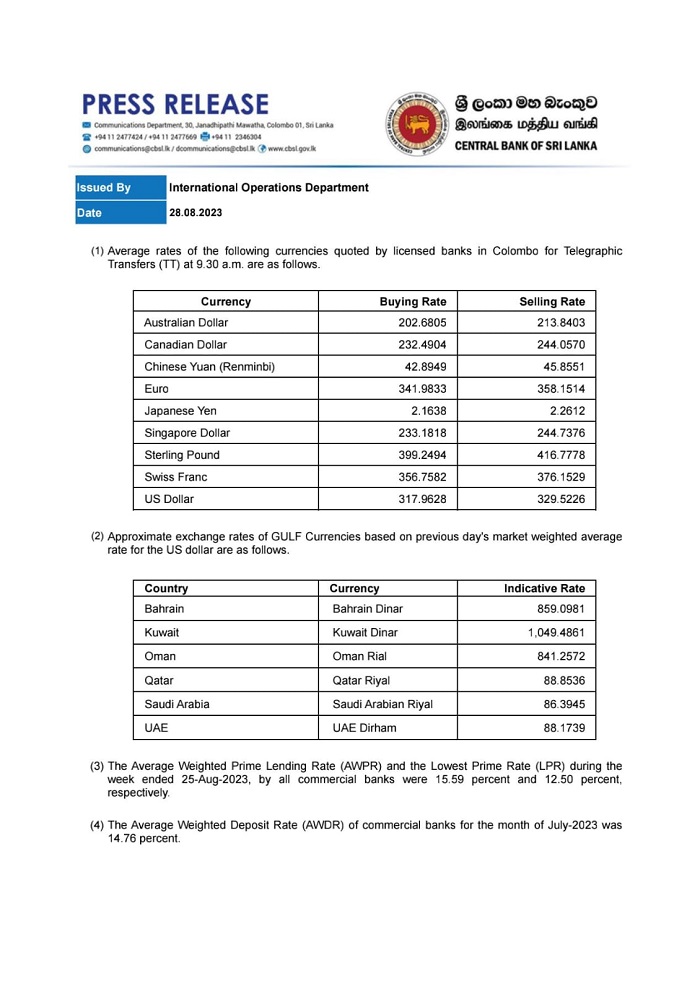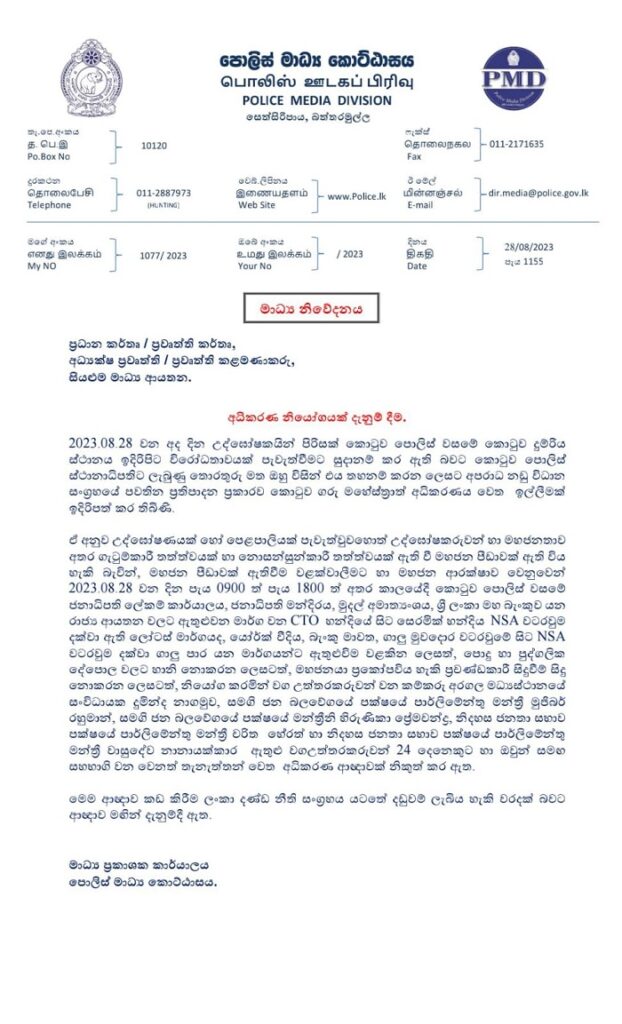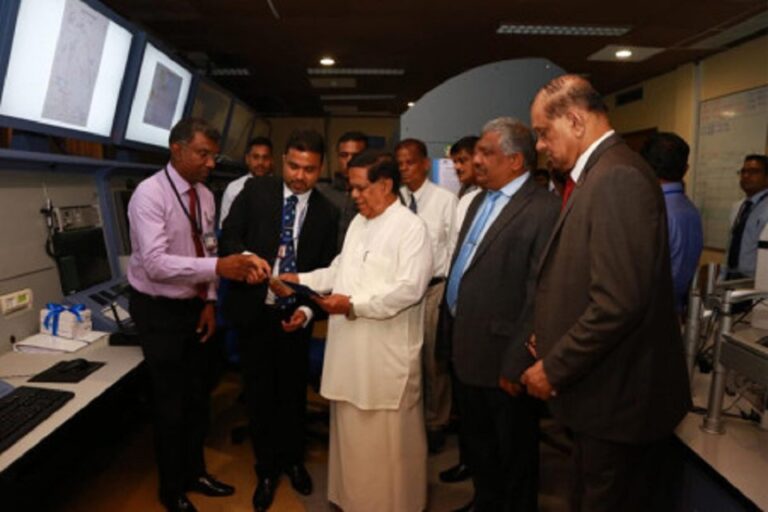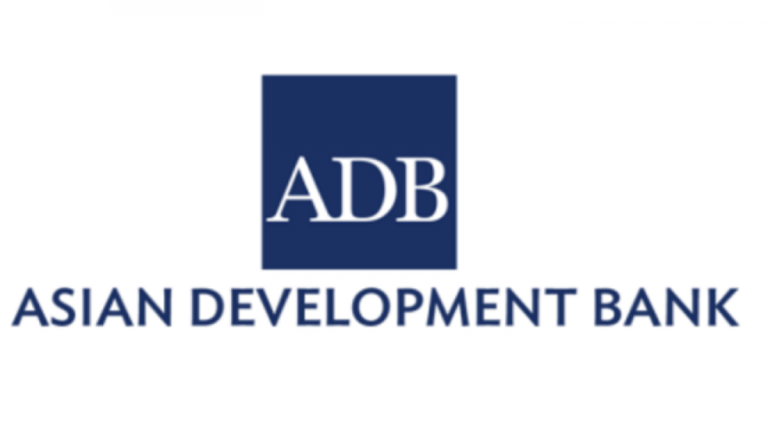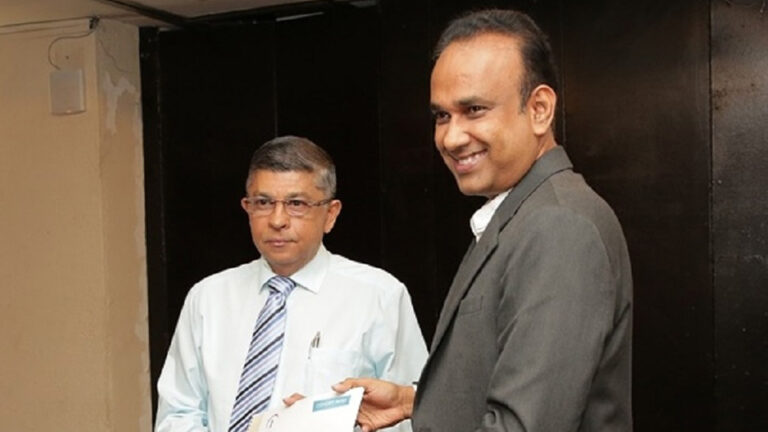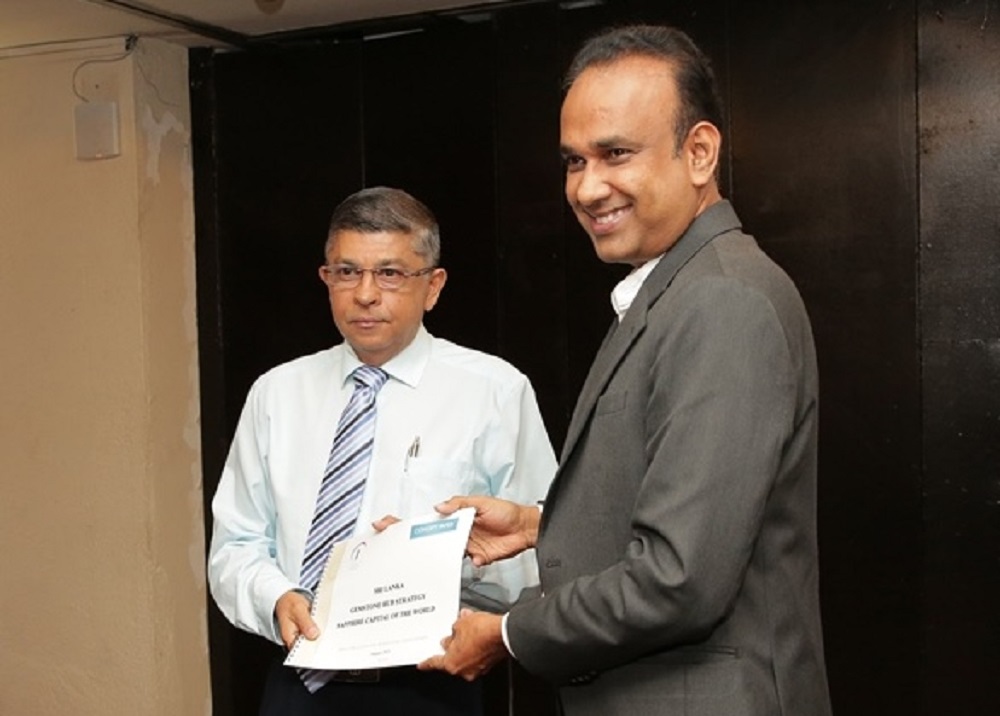Thailand and Sri Lanka expect to sign a free trade agreement (FTA) in early 2024 as the two parties aim for three more rounds of talks this year to conclude the negotiations, according to the chief of the Trade Negotiations Department.
Auramon Supthaweethum, director-general of the department, speaking at the sixth round of negotiations for the Thailand-Sri Lanka FTA held from Aug 21-23 in Bangkok, said the talks have advanced beyond the halfway point. Both sides aim to conclude negotiations in 2023, paving the way for the trade ministers of both countries to sign the agreement early next year, she said.
The sixth round comprised the trade negotiating committee overseeing overall progress and seven technical working groups covering trade in goods, rules of origin, trade in services, investment, technical barriers to trade, trade remedies, and legal issues.
“We are more than halfway there, and both sides plan to hold three more rounds of negotiations in October, November and December to conclude all matters,” said Mrs Auramon.
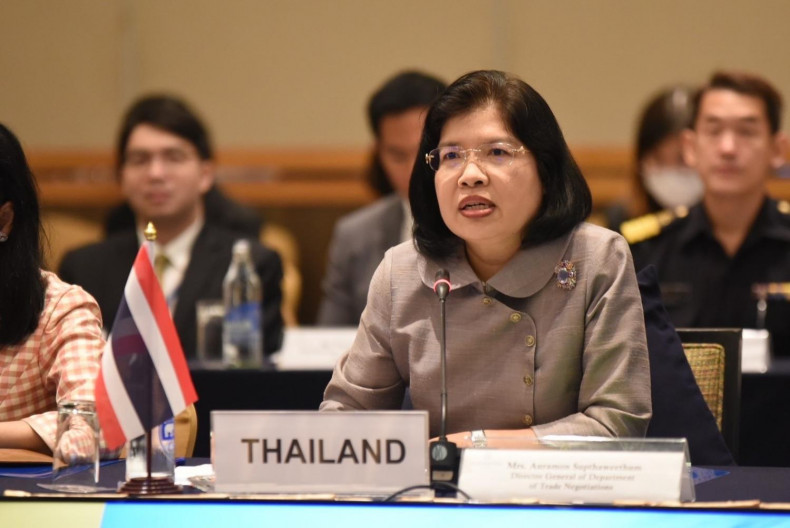
“Then both sides will proceed with internal processes to raise awareness among the public and relevant stakeholders, presenting the negotiation outcomes for the consideration and approval of their respective cabinets for approval.”
She said studies determined that despite Sri Lanka’s small size and population of only 22 million, it has an important geographic position in the Indian Ocean, making it a hub for maritime transport. It also possesses abundant natural resources such as precious minerals and seafood.
A Thailand-Sri Lanka FTA is projected to expand the Thai economy by 0.02%, equivalent to US$80 million. This includes the expansion of investments and the value of Thai exports to Sri Lanka.
K. J. Weerasinghe, the chief negotiator from Sri Lanka, speaking at the sixth round of negotiations for the Thailand-Sri Lanka FTA held from Aug 21-23 in Bangkok.
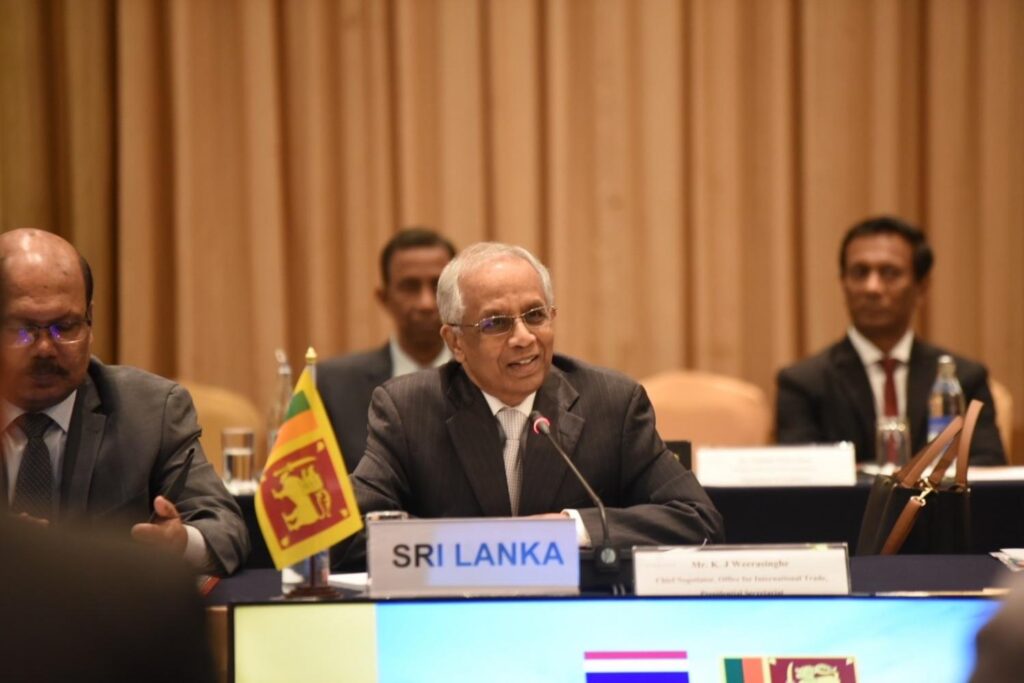
The potential beneficiaries of this agreement include automobiles and auto components, machinery, electrical appliances, metals, sugar and plastics, according to the department. Industries in which Thailand could expand its investments in Sri Lanka include processed foods, beverages, textiles, garments and jewellery.
During the first six months of this year, two-way trade between Thailand and Sri Lanka amounted to $179 million. Thailand exported goods worth $120 million to Sri Lanka and imported goods worth $59.4 million.
Sri Lanka and Thailand first began considering an FTA in 2016 when Somkid Jatusripitak, the former deputy prime minister, made an official visit to the island nation.
The two countries signed a memorandum of understanding on technical cooperation, a letter of intent on cooperation in the area of small and medium-sized enterprise development, and a joint programme on tourism for 2016-18.
The Thai cabinet approved the negotiation framework for the FTA talks with Sri Lanka on May 8, 2018. The framework covers trade in goods, services, investment and comprehensive economic cooperation.
Source: Bangkok Post


